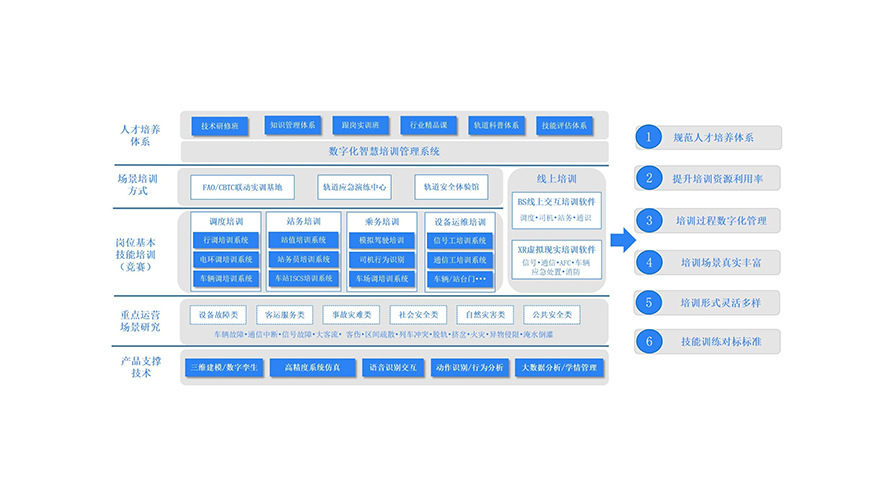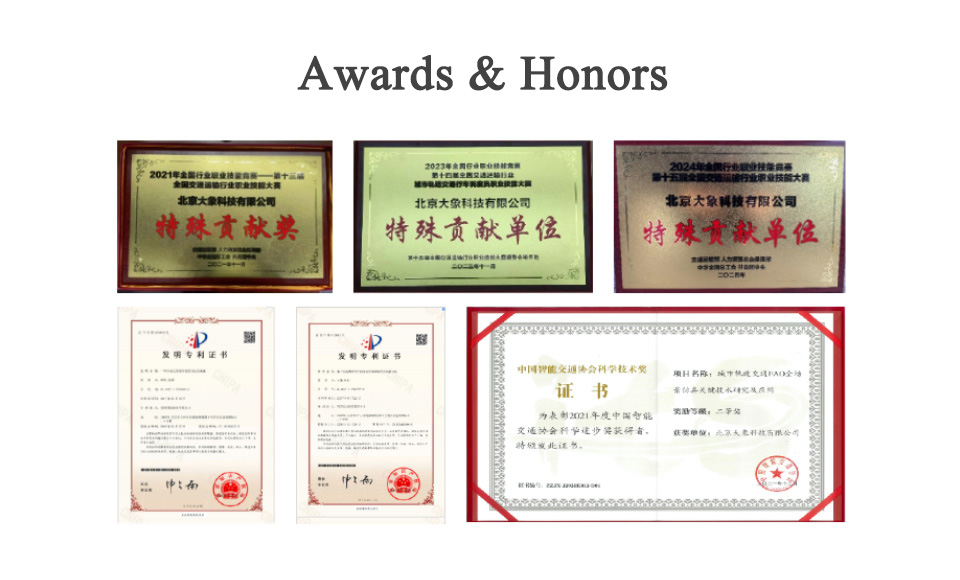
Background
The rapid development of urban rail transit has highlighted issues such as low tolerance for operational errors in critical positions and high pressure during emergency response. According to statistics from the International Union of Railways and other organizations, in recent years, 28% of rail transit accidents has been directly or indirectly related to human operational errors, with 70% of themattributed to lack of experience. Meanwhile, traditional training suffers from low environmental realism, insufficient interactivity and other shortcomings, making it difficult to meet current demands.
National and local governments have placed significant emphasis on rail transit vocational skills training and issued a series of policies to support it. The product strictly adheres to the “National Vocational Skills Standard - Urban Rail Transit Train Dispatcher”,as well as national and industry standards for operational safety and management regulations, ensuring scientific, standardized training contents.




